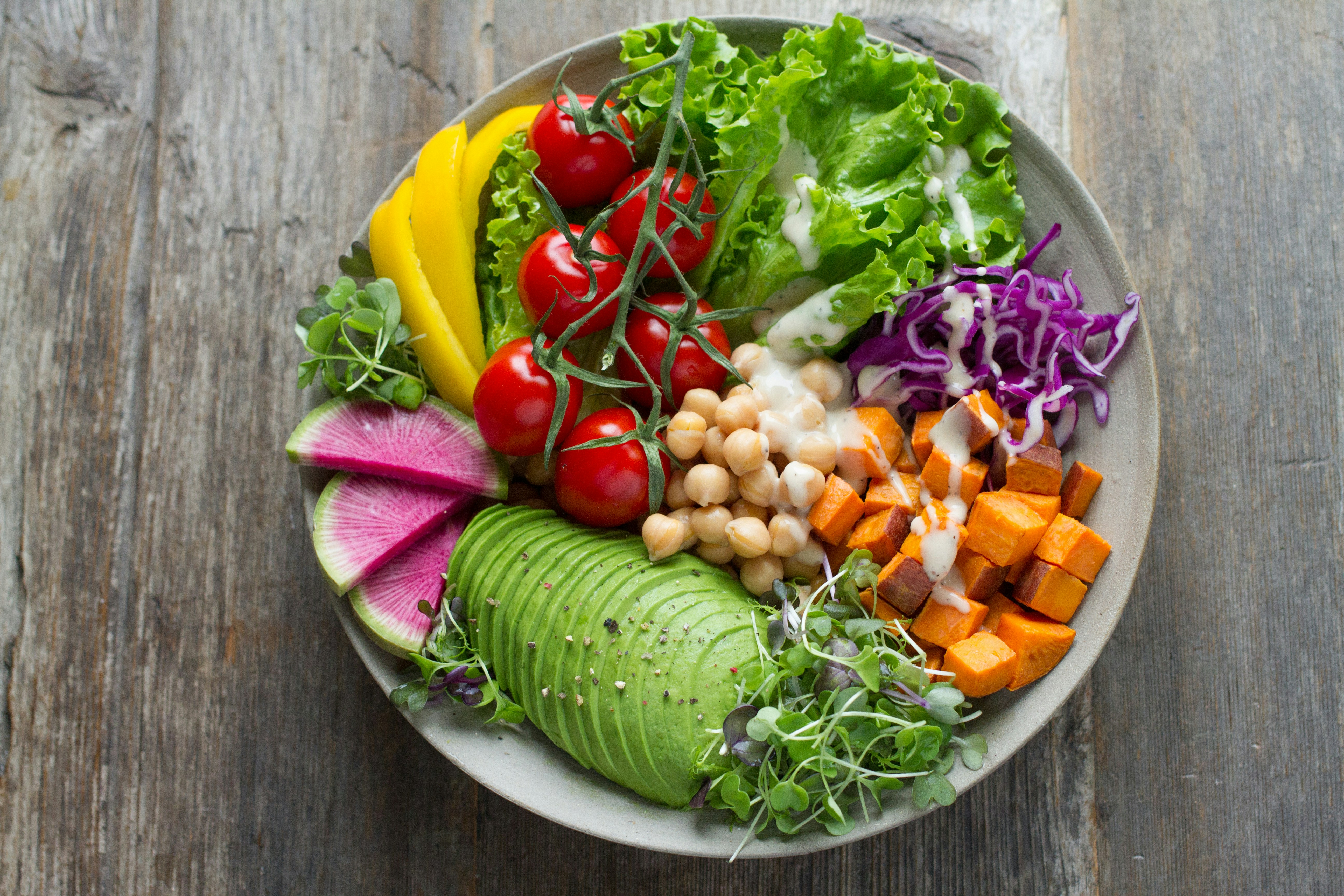Healthy eating is not about strict limitations, staying unrealistically thin, or depriving yourself of the foods you love. Instead, it’s about feeling great, having more energy, improving your health, and boosting your mood. With so much nutrition advice out there, it can be confusing to know where to start. That’s why we’ve compiled a complete guide on essential healthy eating tips that everyone should know.
Why Healthy Eating Matters
Food is fuel, and the quality of the fuel we put into our bodies determines how well we function. A balanced diet supports weight management, reduces the risk of chronic diseases, improves mental clarity, and promotes overall wellbeing. It also boosts immunity and helps you age gracefully.
1. Prioritize Whole Foods Over Processed Ones
Whole foods such as vegetables, fruits, whole grains, lean proteins, and nuts are packed with vitamins, minerals, and antioxidants. Processed foods, on the other hand, often contain hidden sugars, sodium, and unhealthy fats. Next time you shop, stick to the outer aisles of the grocery store where fresh produce, dairy, and lean meats are usually located.

Tip: Next time you shop, stick to the outer aisles of the grocery store where fresh produce, dairy, and lean meats are usually located.
2. Balance Your Plate Every Meal
A balanced meal should include:
- Protein (chicken, fish, beans, tofu)
- Complex carbohydrates (brown rice, quinoa, oats)
- Healthy fats (avocado, olive oil, nuts)
- Fiber (vegetables, fruits, legumes)
Balanced meals stabilize blood sugar, keep you full longer, and support long-term energy.

3. Stay Hydrated Throughout the Day
Water supports every bodily function: digestion, circulation, temperature regulation, and energy. Dehydration can cause fatigue, headaches, and poor concentration.
Tips to stay hydrated:
- Start your day with one glass of water.
- Carry a reusable water bottle.
- Flavor water with lemon or cucumber.
- Limit sugary drinks.
4. Practice Portion Control
It’s not just what you eat, but how much. Large portions—even of healthy foods—can cause weight gain.
Simple tricks for portion control:
- Use smaller plates.
- Fill half your plate with vegetables.
- Stop eating when you feel 80% full.
- Avoid eating straight from packages.
5. Limit Added Sugars and Refined Carbs
Excess sugar leads to energy crashes, weight gain, and higher risk of diabetes. Refined carbs like white bread and pastries lack fiber and spike blood sugar.
Healthier swaps:
- White rice → brown rice or quinoa
- Soda → sparkling water
- Candy → fresh fruits
- White bread → whole grain bread
6. Eat Mindfully and Slow Down
Mindful eating is paying attention to what you eat and how it makes you feel. Eating slowly improves digestion, prevents overeating, and helps you enjoy food more.
Mindful eating habits:
- Put away your phone and TV.
- Chew thoroughly.
- Notice flavors and textures.
- Listen to hunger and fullness cues.
7. Plan and Prepare Your Meals
Meal planning saves time, money, and prevents unhealthy last-minute decisions. Prepping meals also helps control portions and makes it easier to stick to your goals.
Ideas for meal prep:
- Chop vegetables in advance.
- Cook grains in bulk.
- Prepare healthy snacks like nuts and fruits.
- Store meals in reusable containers.

8. Include Healthy Fats in Your Diet
Not all fats are bad. Healthy fats like omega-3s support heart health, brain function, and hormone balance.
Sources of healthy fats:
- Avocados
- Olive oil
- Salmon
- Nuts and seeds
- Chia seeds and flaxseeds
9. Fill Half Your Plate with Vegetables
Vegetables are low in calories but rich in vitamins, minerals, and fiber. Eating a variety of colors ensures you get a broad spectrum of nutrients.
Try this: Build meals around vegetables rather than making them a side dish.
10. Avoid Skipping Meals
Skipping meals often leads to overeating later in the day. Eating regularly keeps your metabolism active and prevents energy crashes. Aim for 3 balanced meals and 1–2 healthy snacks daily.
❓ FAQs About Healthy Eating
Q1: Is it okay to eat snacks if I want to be healthy?
👉 Yes! Choose healthy snacks like fruit, yogurt, nuts, or hummus with veggies.
Q2: Do I need supplements?
👉 Whole foods should be your primary source of nutrients. Supplements may help fill gaps but consult a professional first.
Q3: Can I eat out and still eat healthy?
👉 Absolutely. Look for grilled options, more vegetables, and smaller portions. Avoid fried or overly processed meals.
Common Myths vs Facts
- Myth: Carbs are bad.
Fact: Whole carbs like oats, brown rice, and sweet potatoes are excellent for energy. - Myth: Fat makes you fat.
Fact: Healthy fats support heart and brain health; overeating unhealthy fats is the real issue. - Myth: Eating after 8 pm causes weight gain.
Fact: It’s total daily calorie intake and food quality that matter, not the clock.
Healthy Eating Do’s and Don’ts
Do’s:
- Do eat colorful fruits and veggies daily.
- Do drink enough water.
- Do plan meals ahead.
- Do enjoy your food without guilt.
Don’ts:
- Don’t skip breakfast.
- Don’t rely on processed foods.
- Don’t drink sugary beverages daily.
- Don’t eat too quickly.
🌟 Final Thoughts
Healthy eating doesn’t require perfection. It’s about making smarter choices, building sustainable habits, and enjoying food that nourishes your body. By focusing on whole foods, practicing balance, and eating mindfully, you can achieve long-term health and wellbeing. Start small, stay consistent, and remember—every healthy choice adds up.